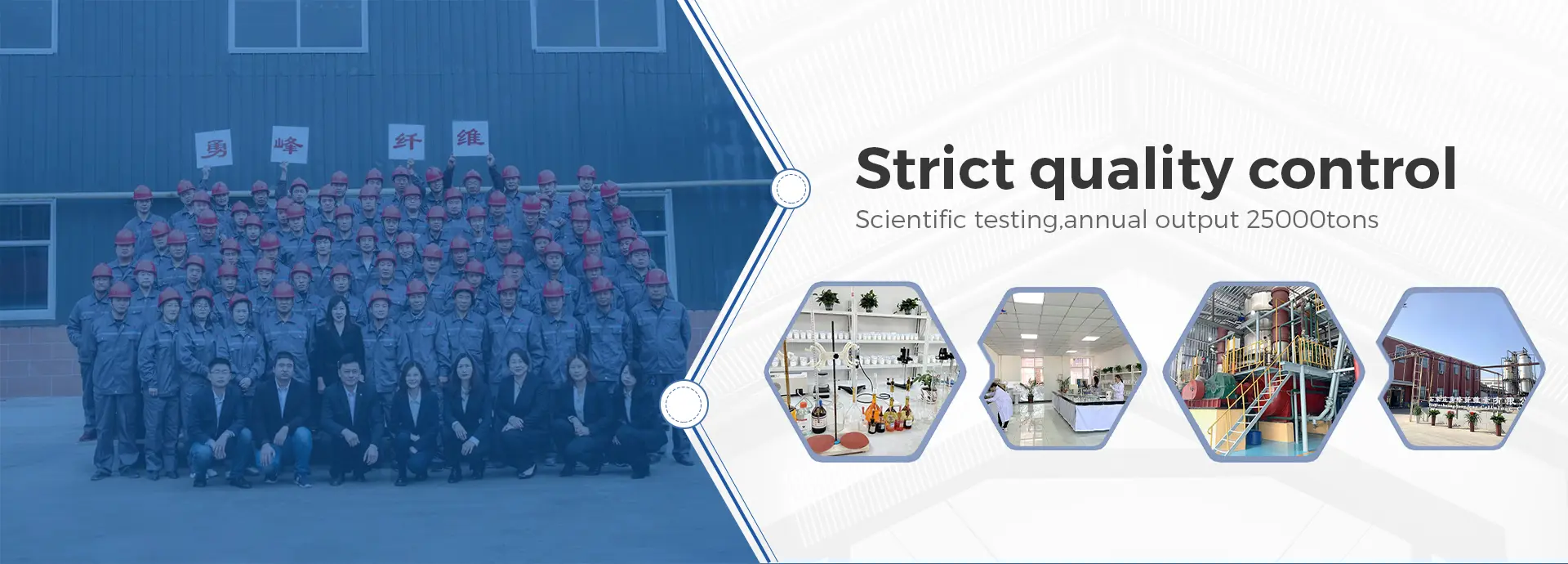The Versatile World of Tylose Unveiling its Applications and Benefits
In the realm of modern materials, few substances have proven as adaptable and beneficial as Tylose. Known scientifically as hydroxypropyl methylcellulose (HPMC), Tylose is a cellulose derivative recognized for its unique properties that make it an essential component in various industries. From construction to pharmaceuticals, Tylose plays a pivotal role in enhancing product performance and functionality.
.
In the realm of the food industry, Tylose serves as a powerful food additive. It is commonly employed as a thickening agent, emulsifier, and stabilizer, enhancing the texture and consistency of various products. From sauces and dressings to ice creams, Tylose helps maintain the desired viscosity, ensuring a pleasant mouthfeel and stable formulation. Its ability to retain moisture also makes it a popular choice for baked goods, contributing to shelf life and freshness. Additionally, being non-toxic and derived from natural cellulose makes Tylose an attractive option for food manufacturers looking to create clean-label products.
tylose

Tylose's utility extends into the pharmaceutical industry as well. Here, it is utilized as a binder and filler in tablet formulations, providing an essential role in the manufacturing of solid dosage forms. Tylose enhances the compressibility of powders, ensuring uniformity and stability in tablet production. Furthermore, its controlled-release properties are invaluable in the formulation of extended-release medications, allowing for a gradual release of active ingredients over time. This characteristic improves therapeutic efficacy while reducing the frequency of dosing for patients.
The cosmetics sector also benefits significantly from Tylose. Its film-forming abilities make it an excellent ingredient for personal care products, such as lotions, creams, and shampoos. Tylose imparts a silky texture and enhances the spreadability of these formulations, thereby improving user experience. Additionally, it aids in moisture retention and can help stabilize emulsions, making it a staple component in many cosmetic formulations.
As technological advancements continue to evolve, Tylose's applications are gradually expanding into new areas. For instance, in the 3D printing industry, researchers are exploring the use of Tylose in creating biodegradable filaments, aligning with the global trend towards sustainable and eco-friendly materials. This potential not only highlights Tylose's versatility but also underscores the importance of innovation in materials science.
In conclusion, Tylose, or hydroxypropyl methylcellulose, is a remarkable compound that showcases versatility across various sectors. From enhancing construction materials to enriching food products and pharmaceuticals, its unique properties provide numerous benefits that improve functionality and performance. As industries continue to seek sustainable and efficient solutions, Tylose stands out as a prime candidate, promising to play an increasingly vital role in the development of future materials and products. Whether in the walls of our homes or the products we consume, Tylose's contributions are woven seamlessly into the fabric of our daily lives, making it a substance worthy of recognition and appreciation.
-
Rdp Powder: Key Considerations for Wholesalers in the Building Materials IndustryNewsJul.08,2025
-
Key Considerations for Wholesalers: Navigating the World of Hpmc - Based ProductsNewsJul.08,2025
-
Hpmc Detergent: Key Considerations for WholesalersNewsJul.08,2025
-
Key Considerations for Wholesalers: China Hpmc For Tile Adhesive, Coating Additives, Concrete Additives, and MoreNewsJul.08,2025
-
Crucial Considerations for Wholesalers: Navigating the World of Construction MaterialsNewsJul.08,2025
-
Key Considerations for Wholesalers Sourcing Additive For Cement, Additive For Concrete, Additive For Putty from Additive Manufacturer Shijiazhuang Gaocheng District Yongfeng Cellulose Co., Ltd.NewsJul.08,2025




